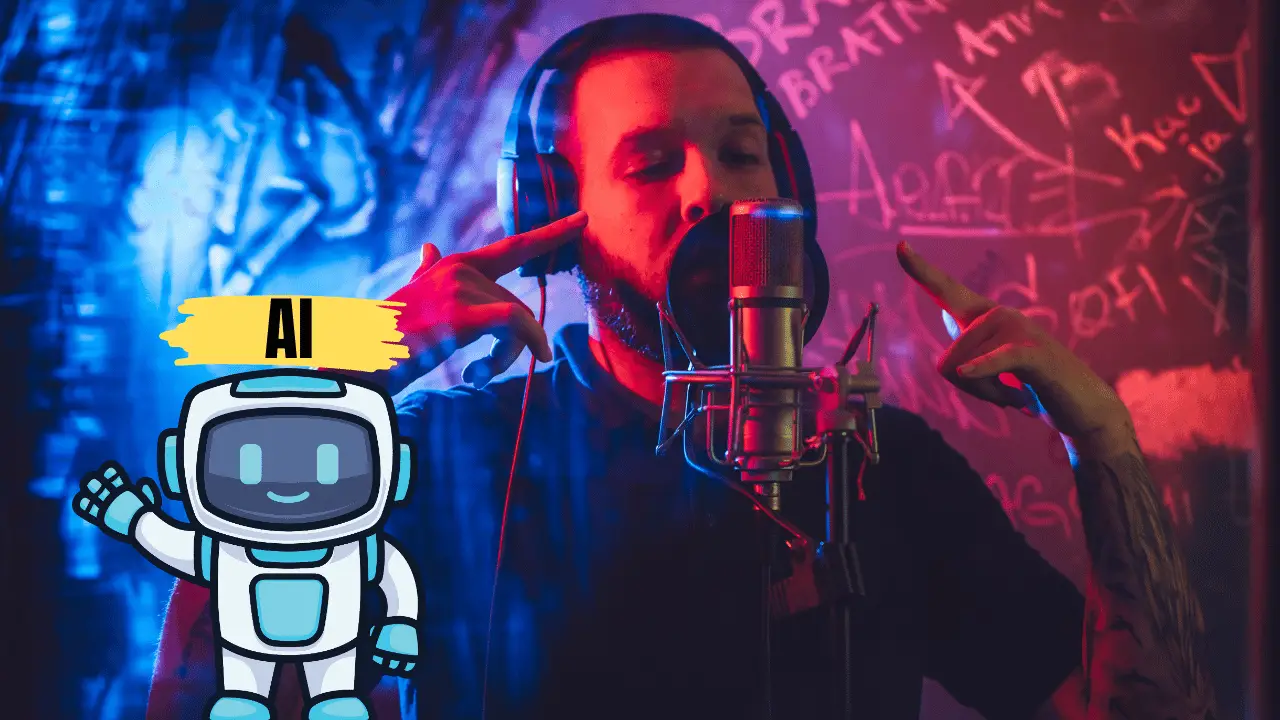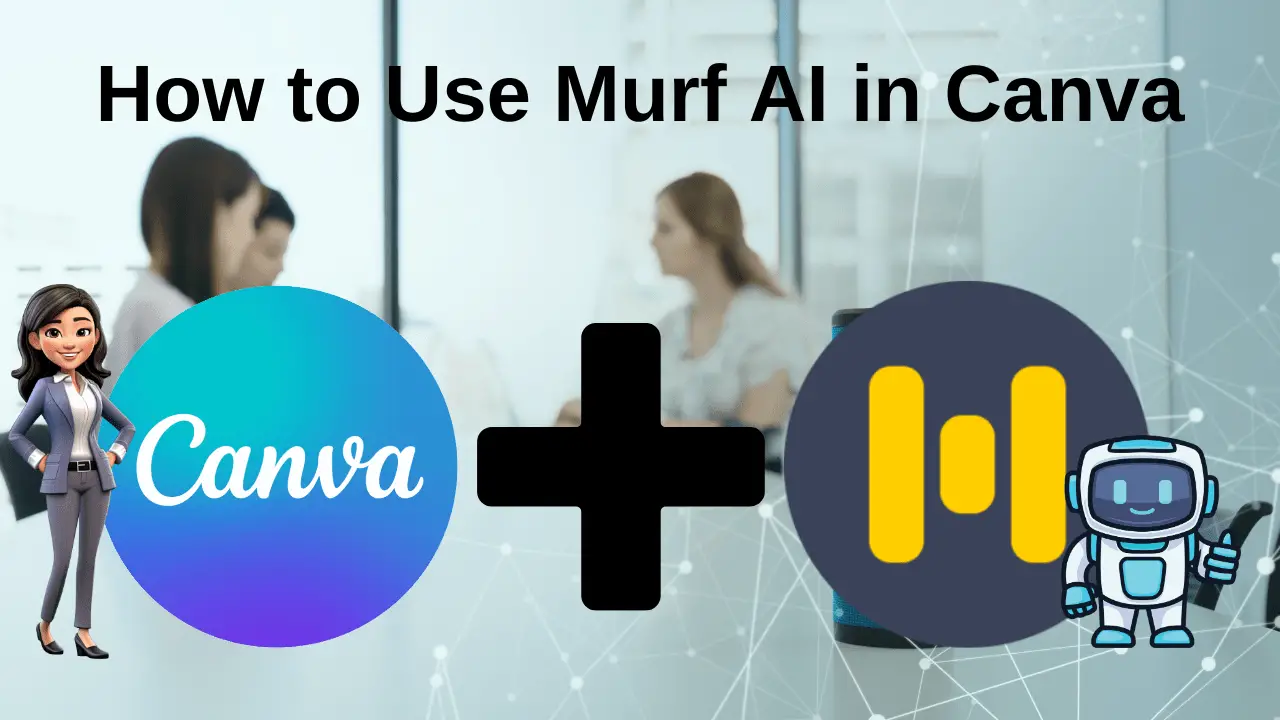AI technology is becoming more advanced from time to time but, have you ever thought about “can AI replace Musicians” in the future? If yes, then how AI will replace Musicians but if AI cannot be replaced then what are the main challenges for that?
Artificial intelligence (AI) is one such advancement, evolving questions about its potential to replace human musicians entirely. So, it’s crucial to understand the possibilities, implications, and limitations they present.
This complete guide will navigate through the intricacies of AI in music and its potential to reshape the whole industry.
Understanding AI in Music:
Before starting our discussion, getting an understanding of the capacities and limitations of artificial intelligence in music creation is fundamental. Artificial intelligence algorithms can break down huge measures of musical data, emulate different musical styles, and even form unique and original pieces.
These abilities originate from AI procedures, where artificial intelligence techniques, learn patterns from existing music and produce new pieces in light of given patterns. In addition, AI can assist in performing, mastering, and even music production.
Now as we have discussed how AI has advanced in the Music Industry but, let’s discuss the future of the Music Industry.
Challenges Facing AI in Replacing Musicians:
While AI has impressive abilities to create a piece of music, but there are serval challenges that hinder its complete replacement of human musicians.
Emotional Expression: Music isn’t simply about notes and rhythms; it’s tied in with conveying feelings and connecting with the audience on a significant level. Human artists bring their interesting encounters, sentiments, and understandings to their performances. Also, creates an emotional resonance that AI struggles to replicate convincingly.
Creativity and Innovation: While Artificial intelligence can produce music through existing patterns or whatever example you give to that, genuine imagination includes breaking limits, testing, and developing in manners that create above-level feelings. Human performers frequently draw from different impacts and personal experiences, bringing about clever creations that push the limits of artistic expression.
Authenticity and Identity: Human musicians have particular characters and creative personas that shape their music and reverberate with crowds. On the other hand, artificial intelligence created pieces of music, often lack in sense of authenticity and personal connection, making it challenging to build a genuine fan base or gain a lasting legacy.
Collaboration and Interaction: Music is intrinsically cooperative, with artists taking care of one another’s energy and imagination during practices, performances, and recordings. The unique interchange between musicians or symphonic performers adds profundity and wealth to the music — a degree of communication that artificial intelligence, at this point really struggles to convincingly copy.
Opportunities and Applications of AI in Music:
It’s clear that AI may not replace human musicians entitles, but it gives huge opportunities to augment and enhance the music creation process.
Creative Tools for Musicians: Artificial intelligence-powered music tools can act as important assets for artists, offering motivation, creating musical thoughts, and supporting in composing arrangement, and creation processes. AI has the potential to improve workflows and pique the imagination. But the truth is AI can streamline your workflows and spark creativity to make a masterpiece.
Personalized Music Experiences: AI algorithms can tailor music recommendations and experiences by analyzing listeners’ preferences, actions, and emotional responses. From organized playlists to customized music age, artificial intelligence empowers musicians to find new music that resounds with their individual preferences and moods.
Music Education and Training: Artificial intelligence-driven tools can give customized music illustrations, feedback, and practice schedules, taking special care of learners of all expertise levels. These AI tools can analyze understudies’ performances, distinguish regions for development, and adjust guidance to suit individual learning styles and objectives.
Accessible Music Creation: Artificial intelligence democratizes music creation by bringing obstructions down to passage and giving open tools to desiring performers. Whether through artificial intelligence-produced backing tracks, virtual instruments, or cooperative platforms, people can find their musical abilities and put themselves out there inventively without conventional hindrances like specialized skills or financial assets.
Conclusion:
Although AI completely replacing musicians may seem far-fetched, its impact on the music industry cannot be denied. Artificial intelligence advancements keep on developing, offering additional opportunities and difficulties for musicians, makers and crowds the same.
No one can tell us the future of musicians that AI can or cannot replace Musicias ever in the future. But on the other hand, we can’t ignore the advancements of AI that may replace musicians.
Eventually, the future of music lies in the unique exchange between human imagination and technological advancements, where artificial intelligence fills in as an accomplice as opposed to a replacement for human musicians.
Frequently Asked Questions
Can AI compose music as well as humans?
AI has shown remarkable capabilities in composing music by analyzing vast datasets and learning patterns from existing compositions. While AI-generated music can be impressive, it often lacks the depth of emotion and creativity associated with human compositions.
Will AI replace all types of musicians, including singers and instrumentalists?
AI has the potential to assist musicians in various roles, from composing and arranging music to providing backing tracks and accompaniments. However, the expressive qualities and nuances of live performances, particularly those involving vocals and instrumental solos, are challenging for AI to replicate convincingly.
How is AI currently being used in the music industry?
AI is being used in various ways within the music industry, including music recommendation algorithms, personalized playlists, and production tools for musicians. Additionally, AI-driven platforms offer music education and training, enabling users to learn, practice, and create music more effectively.
What are the limitations of AI in replacing human musicians?
While AI can analyze and replicate musical patterns, it struggles with aspects like emotional expression, creativity, authenticity, and interaction—qualities that are integral to human musical performances. Moreover, the collaborative nature of music-making and the unique identities of individual musicians pose significant challenges to AI’s complete replacement of human musicians.
Will AI-generated music ever be indistinguishable from human compositions?
While AI-generated music continues to improve, achieving complete indistinguishability from human compositions remains a challenging task. Factors such as emotional depth, artistic innovation, and personal expression are difficult for AI to replicate authentically. However, ongoing advancements in AI technology may narrow the gap between AI-generated and human-created music in the future.

Hi, We are a professional team about exploring the latest AI apps and tools. With a keen eye for innovation, we meticulously analyze AI tools to provide our readers with top-notch guides. Stay informed with our expert insights as we navigate the ever-evolving landscape of artificial intelligence applications.





